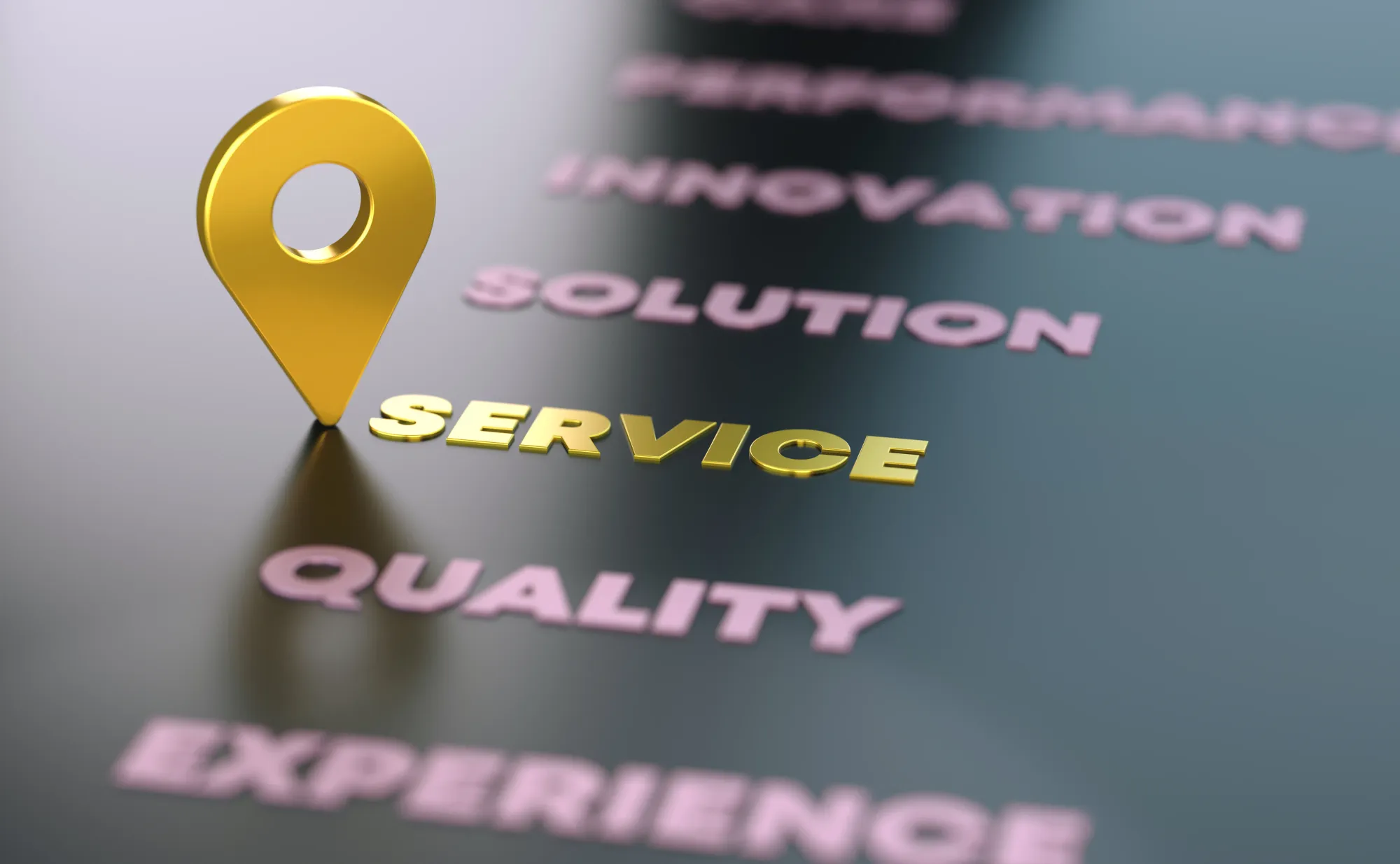Providing exceptional customer service is more important than ever in today’s competitive landscape. Businesses that excel in this area not only satisfy their customers but also foster loyalty and differentiate themselves from competitors. Mastering the essentials of customer service skills can be transformative for your organization’s success. This guide delves into key skills and strategies that can significantly enhance customer satisfaction and build a loyal client base.
Understanding Customer Needs
Identifying and understanding customer needs is the cornerstone of excellent customer service. Knowing what your customers expect allows you to tailor your service offerings to meet their demands effectively.
Active Listening
Active listening involves fully concentrating, understanding, responding, and remembering what the customer is saying. This skill helps in accurately identifying the customer’s needs and offers assurance that their concerns are being heard and understood.
Empathy
Demonstrating empathy involves understanding and sharing the feelings of your customers. It fosters a connection that shows customers you care about their experiences and challenges, leading to higher satisfaction and trust.
Effective Communication
Clear and open communication is vital in ensuring that customers feel understood and valued. It also helps in efficiently resolving concerns and explaining solutions or recommendations.
Clarity and Conciseness
Customers appreciate when information is conveyed in a clear and straightforward manner. Avoid jargon and keep your explanations simple to minimize misunderstandings and frustration.
Positive Language
Using positive language can transform ordinary interactions into pleasant experiences. Focus on making statements that express willingness to help, which can enhance perceptions of the service received.
Problem-Solving Skills
Successful customer service agents are expert problem solvers who swiftly and effectively find solutions that satisfy customers and prevent future issues.
Resourcefulness
Finding creative solutions and optimizing available resources to meet customer needs can set your company apart. Encourage your team to think outside the box and provide them with the authority to make decisions that resolve customer issues.
Follow-Up
Following up with customers after resolving their issues shows that you value their business and are committed to their satisfaction. This extra step can turn a good service experience into an excellent one.

Building Customer Loyalty
Fostering loyalty involves consistently exceeding expectations and creating memorable experiences. Loyal customers are more likely to return and recommend your services to others.
Personalization
Personalized experiences make customers feel valued as individuals. Use customer data to tailor interactions and offerings to individual preferences and past interactions.
Consistency
Ensuring a consistent experience across all touchpoints of the customer journey is crucial. Customers expect the same level of service regardless of the channel they choose to interact with you.
Enhancing Team Skills
Investing in continuous training and development of your customer service team can significantly improve their performance and the overall customer experience.
Regular Training
Provide ongoing training sessions to keep your team updated on the latest customer service trends and techniques. Encourage them to develop their skills continuously to enhance service quality.
Feedback and Encouragement
Constructive feedback and motivation are essential. Recognizing and rewarding exceptional performance inspires your team to strive for excellence.
FAQs
What is the most important skill in customer service ?
While all skills are essential, active listening is pivotal because it enables understanding and responding to customer needs effectively. It is the foundation for building rapport and trust with customers.
How can customer service teams maintain consistency ?
Consistency can be maintained by providing robust training programs, using standardized procedures, and ensuring all team members have access to the same customer data and support tools.
Why is follow-up important in customer service ?
Follow-up shows customers that their satisfaction is important to your business. It helps to identify any unresolved issues and reinforce that you value their feedback and continuing patronage.
How does personalization improve customer loyalty ?
Personalization makes customers feel recognized and appreciated. By tailoring experiences to individual preferences, businesses can enhance customer satisfaction and foster long-term loyalty.
What role does empathy play in customer service ?
Empathy allows service representatives to connect emotionally with customers, demonstrating understanding and care. This connection ensures customers feel respected and valued, which is key to satisfaction and loyalty.








